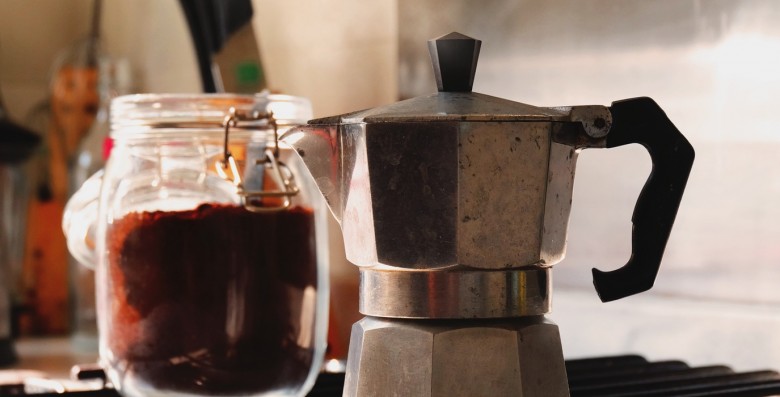
A post recession world has lead to the rise of the sharing economy. People are more sensible with their money and it is now possible to rent out your house on Airbnb, leave your dog with a trusty neighbour via DogVacay and even borrow a neighbour’s car for a fee via Relayrides (you won’t even need a key if you have the OnStar app). Then when you arrive at your destination you can instantly access shared wifi via the Fon Community and borrow clothes from people with similar taste to you. There’s even an Australian app in development which allows you to buy home-cooked meals from your neighbours.
South Africans are still adjusting to Uber and Airbnb however it’s only a matter of time until we have a similar number of choices. Collaborative consumption is the way forward, saving you time and redirecting money back into your community. Home swapping has been around since the 50’s and the idea is very simple- I lend you my home for a holiday and you lend me yours. This makes for a far less expensive break abroad and the opportunity to experience an authentic slice of life in Tuscany or Tokyo or Mexico City. But what are the risks of swapping your place for theirs? Everything you ever needed to know about how to go about a home swap.
How do you get started?
Homelink is a well-established home-swapping network (begun in 1953) which connects members in 27 different countries and has language assistants on hand to help you organise a swop in a foreign country.
First you list your home, then you look for exchanges which will suit your lifestyle and holiday plans. You’ll be able to send and receive home exchange offers using the secure messaging system provided by Homelink without giving away your personal email address. To become a member and make use of their customer support throughout the exchange you will need to pay a membership fee. 12 months costs R1075, 24 months R1700 and a 3 year subscription R2450.
Homelink offers principles for a flop-proof home exchange

- Be honest when describing your home, surroundings and remember to include full disclosure of pets.
- Leave your home clean and tidy.
- Make space for your home exchange partners’ belongings.
- Leave two sets of clean towels and sheets.
- Create a personal guide to your surroundings including emergency numbers and recommendations for local restaurants as well as instructions for appliances and plant-care/pet-care.
- Fill in the “Home Exchange Agreement Form” to circumvent all misunderstandings and be clear about who pays what for the telephone, electric bills, petrol/gas consumption if sharing cars, insurance excesses in case of accidents, and staple foods.
- Try to have someone there to welcome them to the property (a friend or extended family member).
- Leave ingredients to make a simple first meal.
- Leave a thoughtful welcome gift such as a bottle of wine.
Its also worth saying that one should check with one’s home insurer that one is covered in case something goes wrong, though apparently the occasional complaints are that a house was not left sufficiently clean rather than anything more serious.
Houseswap South Africa is the local version of this where they offer simultaneous exchanges within SA, non-simultaneous (you stay in someone’s home now while they are away and then at an agreed future time they stay in yours while you are away), hospitality exchanges where they visit you while you are in your home and vice versa and rentals for those who wish to rent out their homes.
Houseswap South Africa offers free listing of your property and browsing of other properties however once you find a property you are interested in you will need to subscribe to contact the owner via the messaging service- a 6 month subscription costs R450 while a 1 year subscription costs R750.
Good to know:

They offer an ownership verification service using an online Deeds Office search. And they never exchange your personal information and only give a general idea of your properties’ whereabouts until you have decided to go ahead with the swop.
Call 0762542084 to find out more. Email enquiries here.
The Pros and Cons of doing a House Swap

Pros
- Home swap houses are typically fully equipped with kitchen utensils and amenities like washing machines.
- You will have more spending money freed up to splash out on restaurants and other luxuries.
- You may have someone to house sit your dog or cat while you are away.
- You get to experience what it is like to really live like a local if it is an international home swap.
- You may end up building a friendship through the home swap.
Cons
- You might spend more time in one place on your holiday than you hoped.
- Sometimes a geyser might burst or a similar problem which will put a dampener on your holiday.
- You will have certain responsibilities which might make your holiday less carefree than you hoped.

What are your thoughts on home swapping as a useful and economical way to travel more often?
With a home swap suddenly those two weeks in London are very doable.
To browse and book cheap international flights go here.
Also read:
